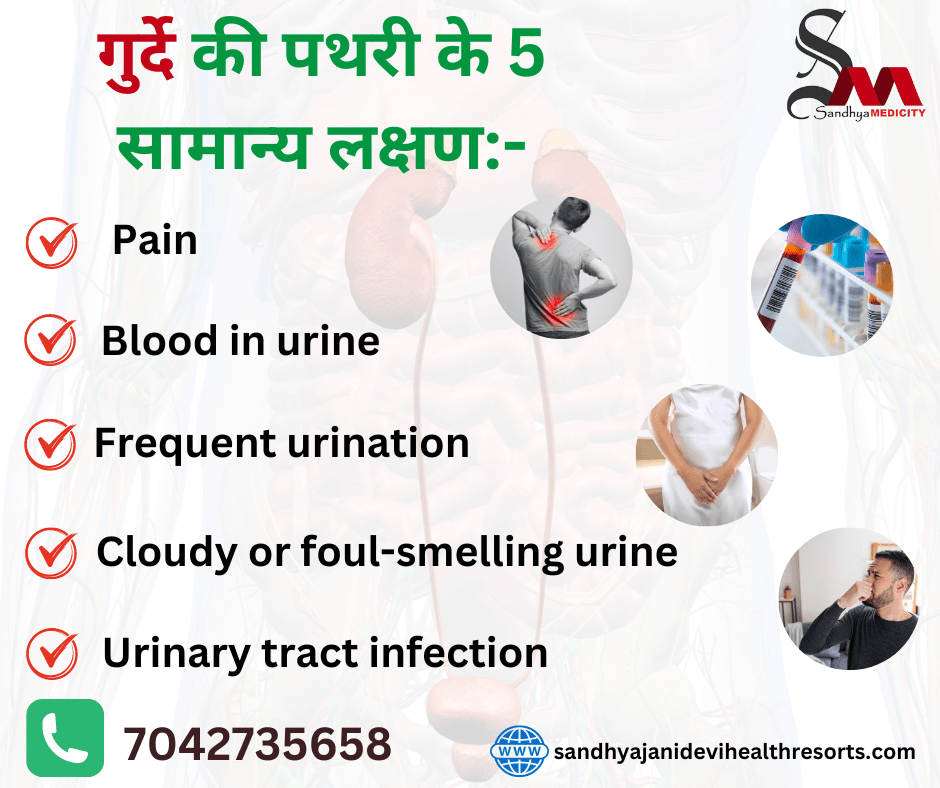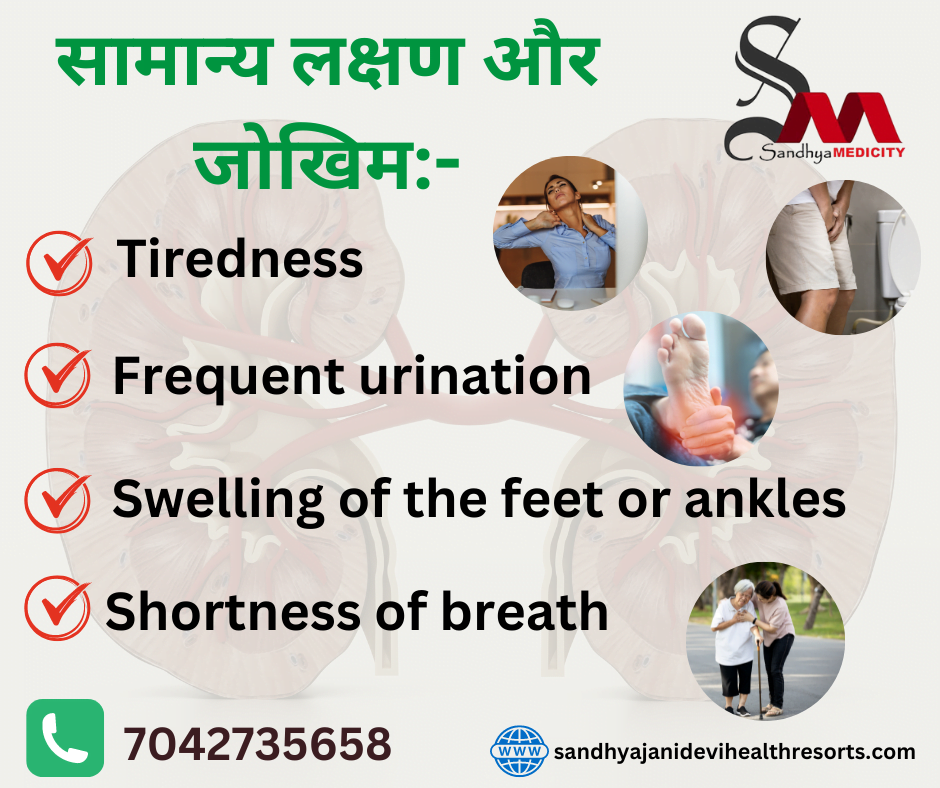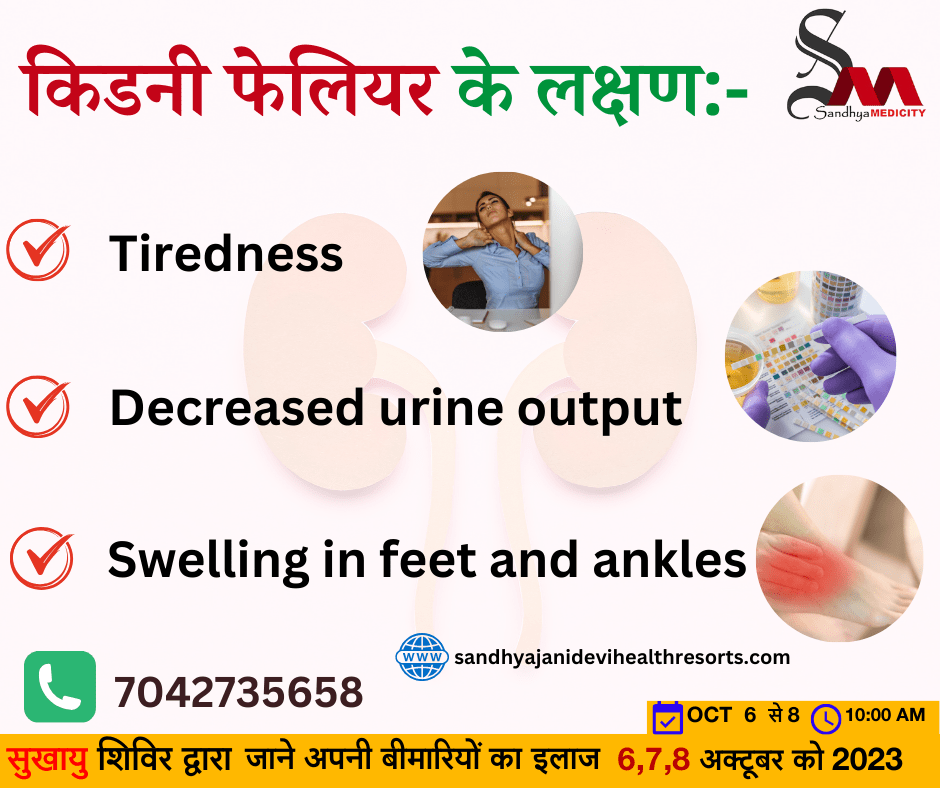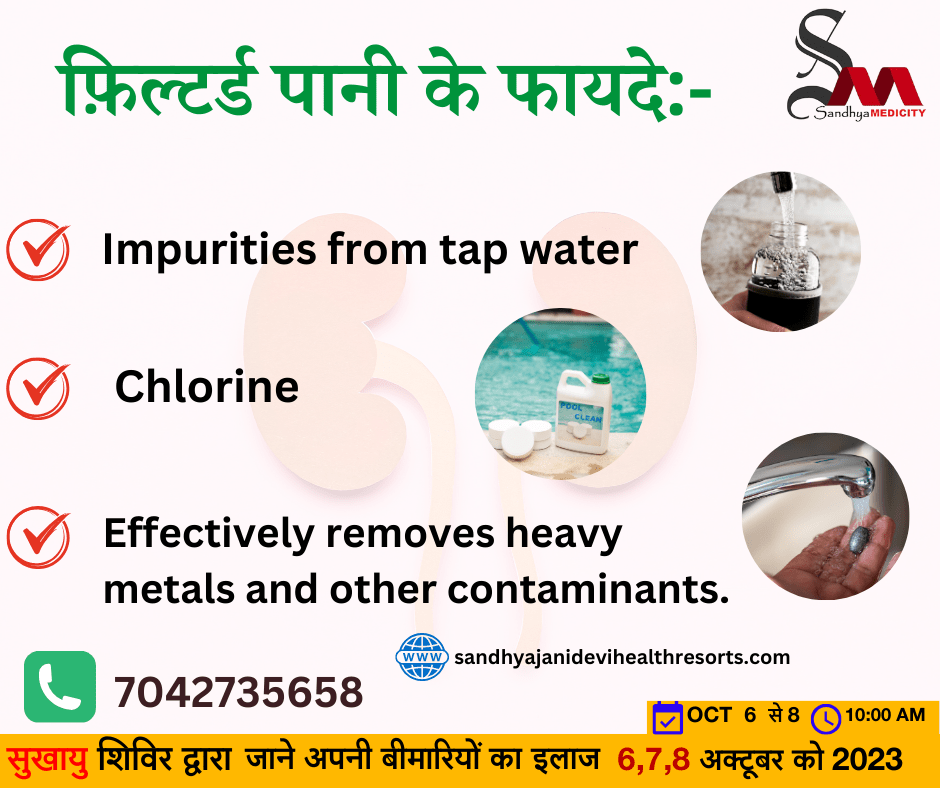What protects the kidney?
Today, we have a fascinating topic to discuss – protects the kidney You may be surprised to learn how important the kidneys are to our overall health and well-being. Physical security The kidney‘s physical protection comes in the form of the renal capsule – a layer that surrounds and shields the organ. Like a strong fortress wall, this fibrous structure helps protect the kidney from external trauma. This prevents injuries from bumps, falls, or sudden impacts to the abdominal area.” As a natural defense Another interesting way the kidneys are protected is through their natural location in our bodies. These bean-shaped organs are located deep within the abdominal cavity, on either side of the spinal cord. Viewed from a physiological perspective, that somewhat protected position protects them from everyday hazards in our environment.” Adipose tissue cushioning Have you ever wondered how our body goes the extra mile to protect these vital organs? Well, it turns out that adipose tissue, or body fat, provides a layer of natural cushioning. Acting like a soft cushion, it surrounds and supports the delicate structures of the kidney, acting as a shock absorber, thereby reducing the risk of injury. Loyal muscle support Let’s talk about how our muscles play an essential role in protecting our kidneys. The muscles of the back, abdomen and sides, namely the quadratus lumborum, transversus abdominis and latissimus dorsi, act as muscle bodyguards for the kidneys. Their strong contractions and constant toning apply gentle pressure, providing extra support and protection.” Immune system alertness Did you know that our immune system is also involved in protecting the kidneys? The kidney is naturally equipped with a complex system of immunological barriers. These barriers actively defend against infection, toxins, and foreign substances that could potentially damage this vital organ. They ensure that only filtered and purified substances make their way in.” Nutrition of the blood supply A strong blood supply is an important component in the kidney’s defense mechanism. The renal arteries deliver oxygen-rich blood to the kidneys, providing nutrition and vital nutrients. The complex network of blood vessels within the kidney acts like a protective web—the front line of defense against potential threats.” Maintenance through healthy lifestyle As a responsible human being, it is important to play an active role in keeping your kidneys safe and healthy. Maintaining a healthy lifestyle is paramount. Regular exercise, a balanced diet, staying hydrated, avoiding excessive alcohol consumption and smoking all help promote kidney health by reducing the risk of disease and maintaining optimal function. Conclusion:- Thank you so much for joining me on this incredible journey uncovering the many guardians of our amazing kidneys. Now, armed with this knowledge, let’s work together to prioritize kidney health, ensuring strong protection for this extraordinary organ. If you found this information valuable take care and stay healthy.
What protects the kidney? Read More »











